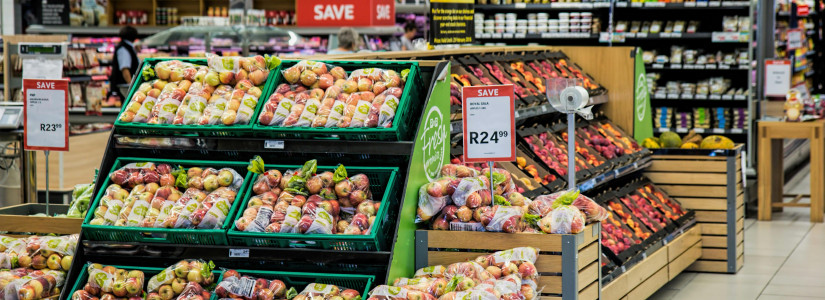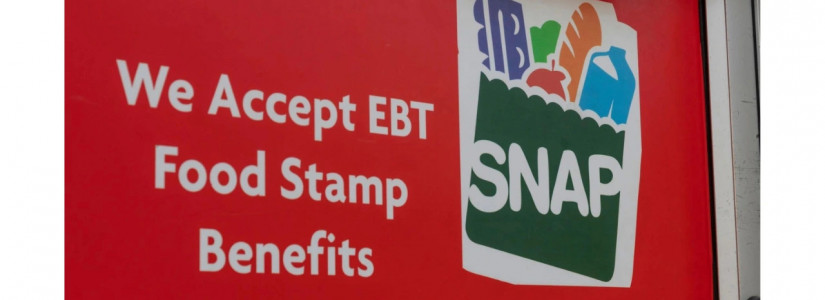Food Stamps for Non-Citizens: Full List of Who Qualifies for SNAP in 2025

With grocery prices climbing and household budgets stretched thin due to inflation, tariffs, and higher living costs, access to food assistance is more important than ever.
The Supplemental Nutrition Assistance Program (SNAP), commonly known as Food Stamps, plays a vital role in supporting low-income families across the U.S. — including certain groups of non-citizens.
While SNAP is primarily aimed at U.S. citizens and legal residents, there are clear exceptions where immigrant groups can also qualify.
Understanding these eligibility rules is essential for households navigating economic hardships in 2025.
SNAP Eligibility for Non-Citizens
The general rule is simple: undocumented immigrants are not eligible for SNAP benefits.
However, several groups of non-citizens are granted immediate eligibility due to humanitarian protections or special statuses.
These individuals can receive SNAP benefits without a waiting period if they meet all financial and non-financial requirements.
Managing rising expenses? You may be eligible for financial aid!
Groups Eligible Immediately:
-
Refugees
-
People granted asylum
-
Victims of human trafficking
-
Individuals with deportation withheld
-
Amerasians
-
Cuban and Haitian entrants
-
Iraqi and Afghan Special Immigrants (SIV)
-
Certain foreign-born Native Americans
-
Members of Hmong or Laotian Highland tribes
-
COFA citizens (Micronesia, Marshall Islands, Palau)
Eligibility After a 5-Year Waiting Period
Some groups can become eligible after residing in the U.S. for five continuous years in lawful status:
-
Legal Permanent Residents (Green Card holders)
-
Individuals granted conditional entry for at least one year
-
Conditional entrants (pre-1980 law)
-
Abused immigrants under certain protections
Additional Exceptions: No Waiting Period
There are also special exceptions where certain non-citizens can qualify immediately, regardless of the above categories:
-
Children under 18
-
Blind or disabled individuals receiving assistance
-
Seniors (65+) legally residing in the U.S. since before August 22, 1996
-
Veterans, active-duty military members, and their dependents
-
Certain Afghan and Ukrainian parolees
Why SNAP Matters in 2025?
As food prices surge due to inflation and international trade tariffs, programs like SNAP remain a critical lifeline.
For immigrant families facing rising rent, utilities, and basic living expenses, knowing their eligibility can be the difference between food security and financial strain.
SNAP benefits are distributed monthly via Electronic Benefit Transfer (EBT) cards, ensuring recipients can purchase essential groceries at authorized retailers.
-












